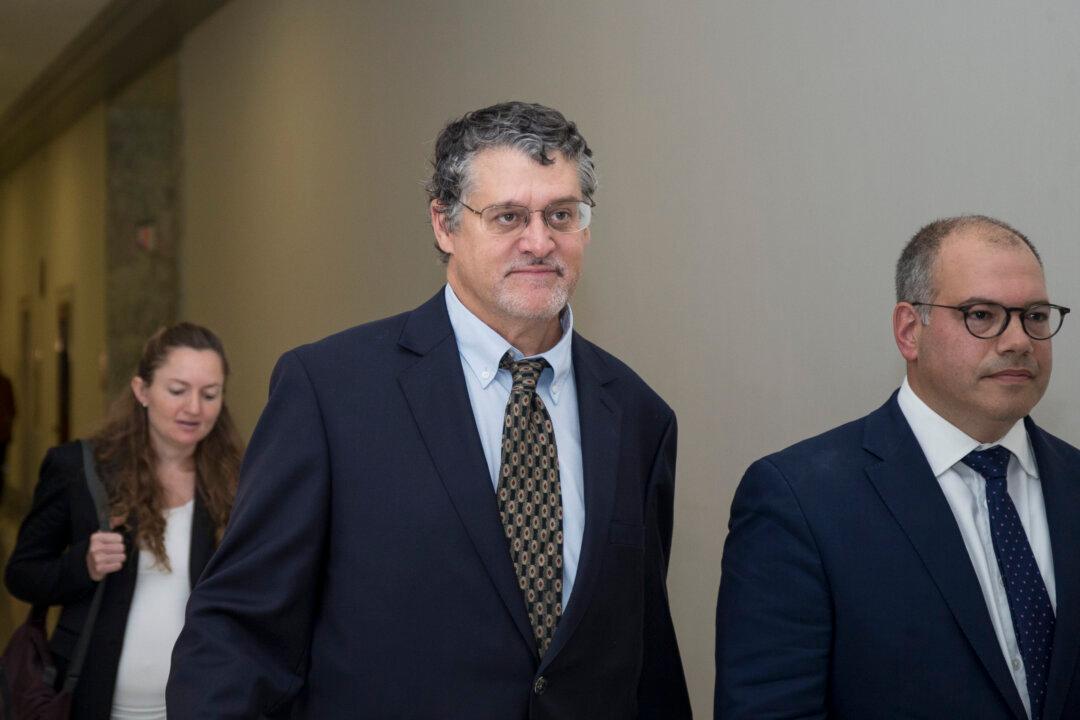Reporters from ABC News, The Washington Post, and Slate were among those working closely with an operative firm on stories about alleged links between Donald Trump and Russia, newly released emails show.
ABC’s Matthew Mosk, now with CBS; the Post’s Tom Hamburger; and Franklin Foer, a Slate contributor who now works for The Atlantic, were among the reporters being fed information by Fusion GPS, a firm paid by Hillary Clinton’s campaign and the Democratic National Committee, according to the emails.





